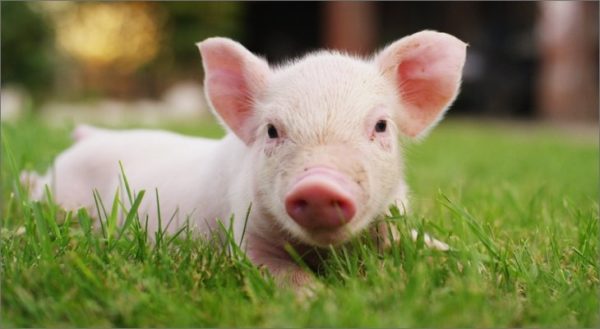Did you know rats make surprisingly affectionate pets? If you’re thinking of bringing home a pet rat, here’s what you need to know.
Health
Rats that are bred especially as pets are safe to keep and should be free of disease. But common conditions may affect your rats from time to time. Your veterinarian will help you keep your pet rats healthy through regular check-ups. Common illnesses that often affect pet rats include:
- Infectious respiratory disease
- Tumors
- Gastrointestinal illness
- Dental problems
Your veterinary team can diagnose illness in rats, and we’ll do all we can to get your furry friend feeling like himself again.
Care
Rats are social creatures, meaning they enjoy the company of other rats. Unfortunately, they’re also aggressive breeders. It’s best to keep your rats in same-sex pairs. This prevents breeding, yet provides the company your rat needs to stay happy and well.
Your pet rats will need a suitable habitat. This should be a wire enclosure that’s large enough to give them adequate room to run and scurry. Rats enjoy toys, too. A simple hammock made from a washcloth or a small cardboard box with bedding material is ideal to keep your rats entertained.
At the bottom of your rat’s enclosure, you’ll need to spread small animal litter that’s had the dust extracted. This will help to absorb the ammonia smell from rat urine. Keep your rat enclosure in a room that offers a comfortable temperature year-round, as these pets are sensitive to extremes of cold and heat.
Feeding
Rats enjoy a variety of foods, including meats and vegetables. An ideal diet includes such offerings as:
- Commercial rat food
- Fruits
- Vegetables
- Seeds
- Nuts
- Grains
- Protein, such as dry dog food
Your pet rats will need plenty of fresh water. This should be provided via a hanging water bottle inside the enclosure. If you’re unsure what to feed your pet rats, our veterinary team is happy to provide recommendations.
Training
Pet rats can learn many tricks, especially if trained young. These may include coming when called, standing on command, shaking hands, and more. Use gentle treatment and lots of love when training your rat to do tricks, and use food and snacks as positive reinforcement. Train your rat when he’s hungry so he has more incentive to learn.




